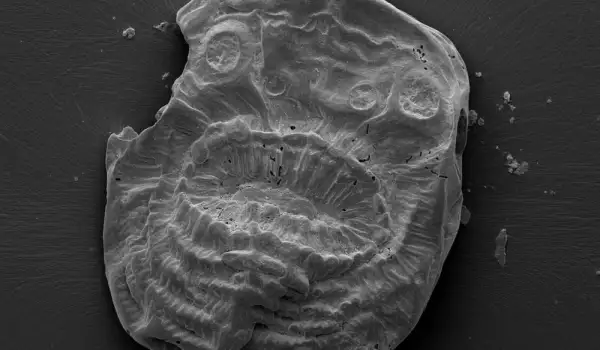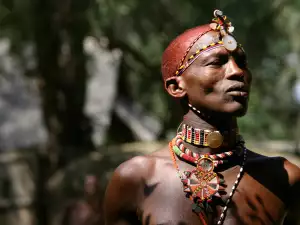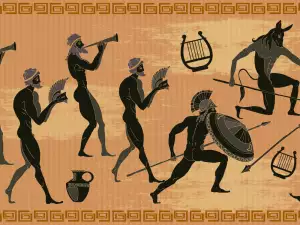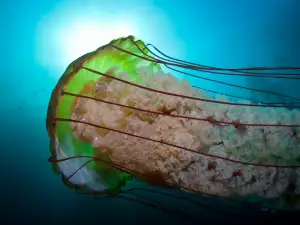Like a wrinkled bag with a huge mouth and no eyes - this is how scientists describe the recently found fossil of a sea creature that's thought to be one of the earliest ancestors of life on Earth.
The find is about 540 million years old and experts say they can trace the evolutionary chain, which eventually led to humans, back to this organism.
It has been named Saccorhytus coronarious and was discovered in China. It's also been classified as the most primitive representative of the animal kingdom found so far.
Scientists have found fossils of fish, amphibians, reptiles, birds, mammalia and starfish but none of them have been as tiny as Saccorhytus coronarious, reports the Guardian.
The creature appeared at the very dawn of evolution, with the first fish coming after it.

Microscopic analysis has shown that the creature had a mouth with which to ingest food particles or smaller creatures. Its body was marked by small conic formations through which it likely expelled the water it swallowed.
Its body was also littered with tiny pores, which are theorized to have played the role of sensors, helping to keep the animal at the ocean bottom.
Simon Conway Morris, palaeobiology professor at the University of Cambridge and co-author of the study which was conducted by Northwest University and China University, says that he and his colleagues are still not fully convinced that this was our direct ancestor.
But it is definitely the oldest deuterostome, which can be seen as a turning point in evolution.
Further excavations are to begin, which aim to confirm that the first living organisms on our planet were of microscopic size.









